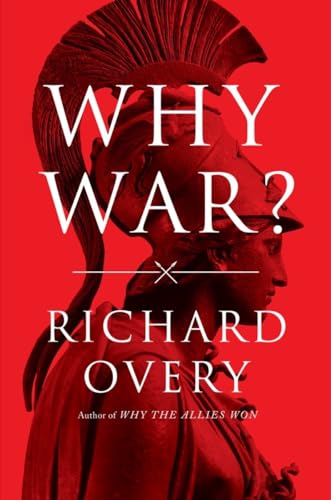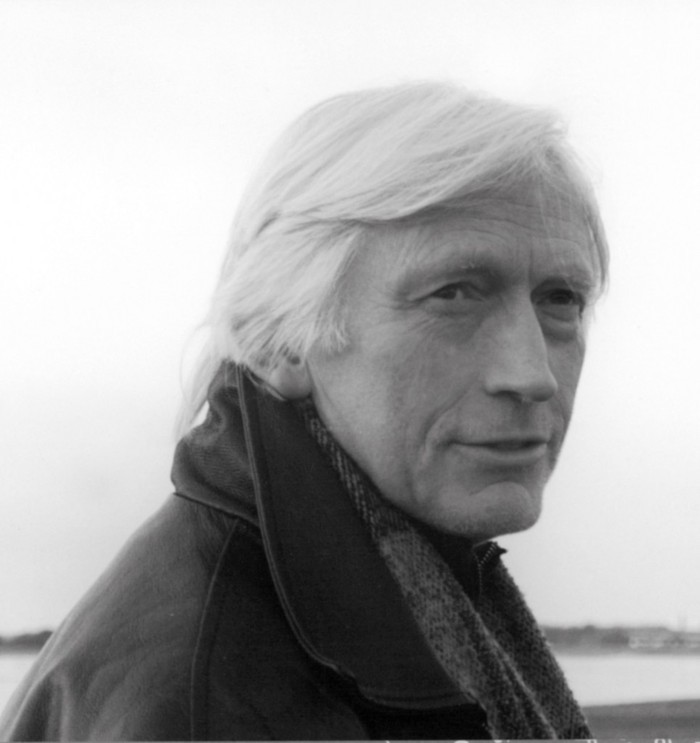
Why has war been a consistent presence throughout the human past? A leading historian explains through rich examples and keen insight. In 1932, two towering intellectuals, Einstein and Freud, published a correspondence on the question, “Why war?” Their exchange presented war as an instinctive drive, a conclusion seemingly confirmed in the carnage of the coming world war. But their narrow response left many other explanations What about war and the competition for resources? the need for security? the passions of belief, ideological or religious? What of leadership and the impulse to power? Showing remarkable range, Richard Overy explores the title question throughout human history. He reconstructs long-ago conflicts among hunter-gatherers from Africa to the Americas using skeletal and climatological evidence of the Neolithic period. He draws on Roman history to weigh the empire’s voracious appetite for resources. He demonstrates the drive for power through the examples of Alexander the Great, Napoleon, and Hitler. And he shows through the current war in Ukraine how the various impulses to war overlap and reinforce.
Author

Richard James Overy is a British historian who has published extensively on the history of World War II and the Third Reich. Educated at Caius College, Cambridge and awarded a research fellowship at Churchill College, Professor Overy taught history at Cambridge from 1972 to 1979, as a fellow of Queens' College and from 1976 as a university assistant lecturer. In 1980 he moved to King's College London, where he became professor of modern history in 1994. He was appointed to a professorship at the University of Exeter in 2004. His work on World War II has been praised as "highly effective in the ruthless dispelling of myths" (A. J. P. Taylor), "original and important" (New York Review of Books) and "at the cutting edge" (Times Literary Supplement.)[